Deck & Commander Strategies
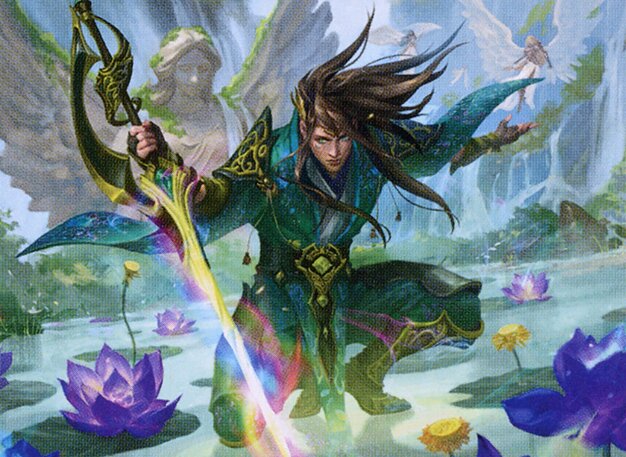
Jenson Carthalion, Druid Exile
Ramp aggressively with mana spells and rituals, then leverage tutors and card draw to assemble powerful combos or value engines to overwhelm opponents.
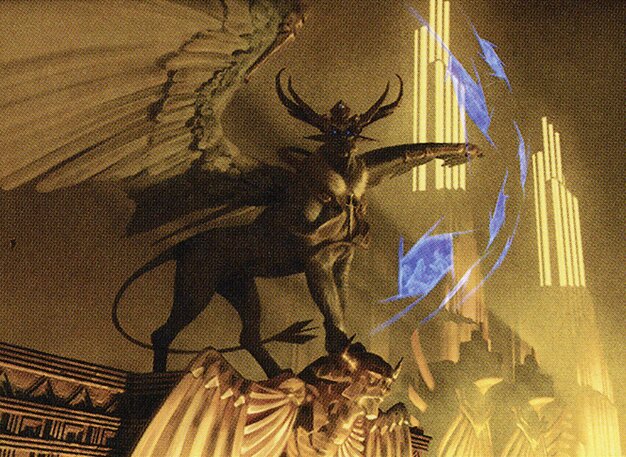
Raffine, Scheming Seer
Midrange control with disruption and incremental advantage through creature and spell synergy, aiming to outvalue opponents and capitalize on card advantage.
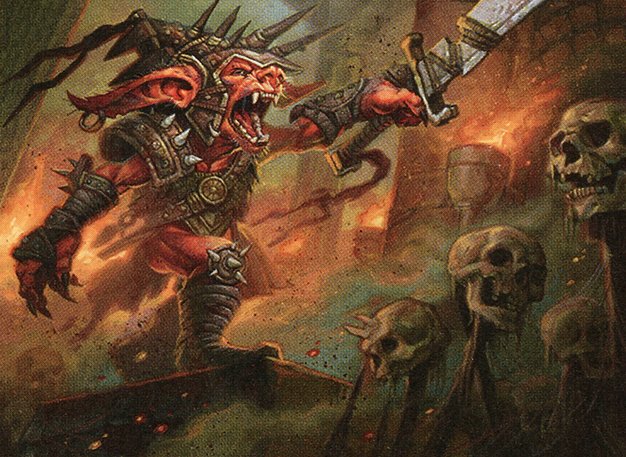
Rograkh, Son of Rohgahh
Aggressive red-based strategy focused on efficient creatures and direct damage, pressuring opponents early and maintaining tempo to close out the game quickly.
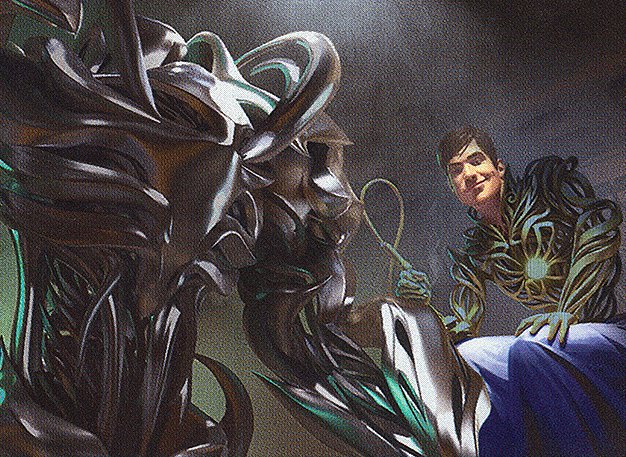
Silas Renn, Seeker Adept
Artifact-based value and recursion, using spells and artifact synergies to generate advantage and control the board state.
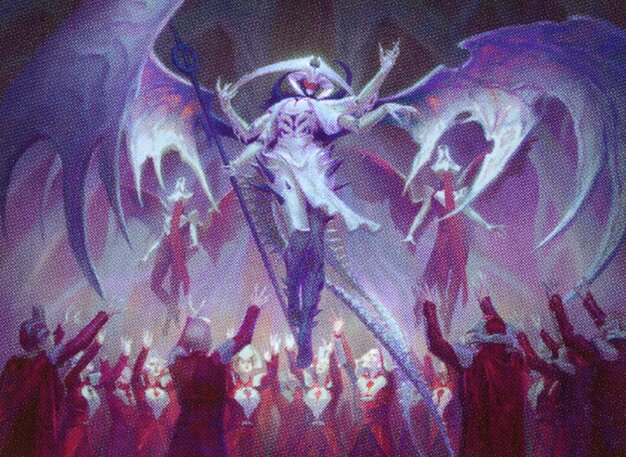
Atraxa, Grand Unifier
A proliferate and +1/+1 counter strategy that aims to build board presence through incremental growth, while controlling the game with versatile removal and value creatures.
Gameplay Insights
- 1
The use of rituals and tutors early on allowed for explosive mana generation and quick setup of combos.
- 2
Counterspell interactions such as Swan Song and Dispel played a critical role in protecting or disrupting key spells.
- 3
Players leveraged value engines like Mystic Remora and card selection spells to maintain card advantage throughout the game.
- 4
A well-timed Demonic Consultation naming a critical card enabled a combo finish, demonstrating precise knowledge of opponents' decks and game state.
- 5
Players managed tempo carefully by balancing aggression with interaction, showing the importance of timing in multiplayer Commander games.
Notable Cards
-
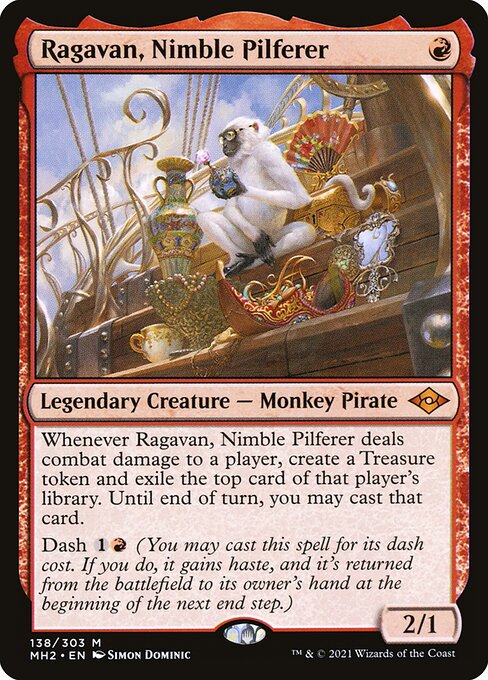
Ragavan, Nimble Pilferer
-

Underworld Breach
-
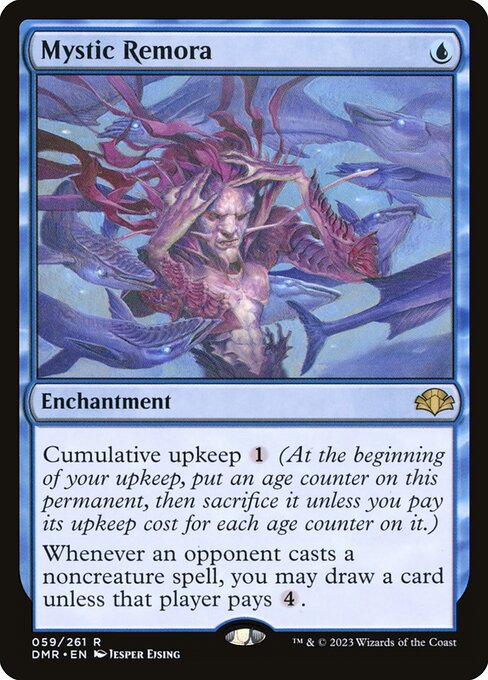
Mystic Remora
-
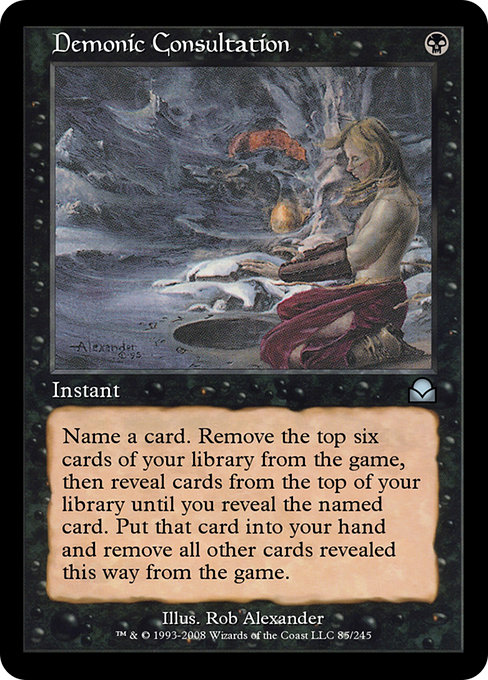
Demonic Consultation
-

Food Chain
-
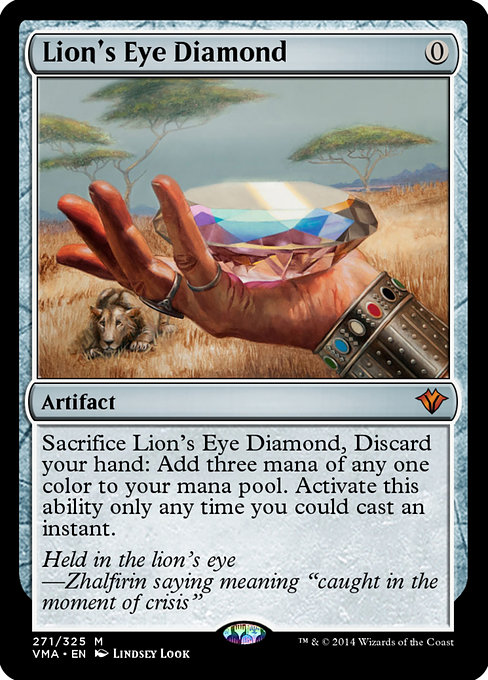
Lion's Eye Diamond
-

Ponder
-

Consider
-

Demonic Tutor
Gameplay Summary
The game began with players ramping and setting up their mana bases while developing their boards with efficient creatures and value engines.
Early plays included rituals, tutors, and card draw spells, enabling quick deployment of key pieces like Ragavan and Underworld Breach.
One notable moment involved a player attempting to protect a Food Chain combo with counterspells, but the combo was disrupted, leading to a shift in momentum.
Throughout the midgame, players used interaction such as removal and counterspells to manage threats, while leveraging draw engines like Mystic Remora and card selection effects like Ponder and Consider.
The board state evolved with some players focusing on incremental advantage, while others aimed for explosive combos or attrition strategies.
Near the end, a Demonic Consultation was used to name a key card and secure a win, demonstrating a successful combo finish that abruptly ended the game.













































